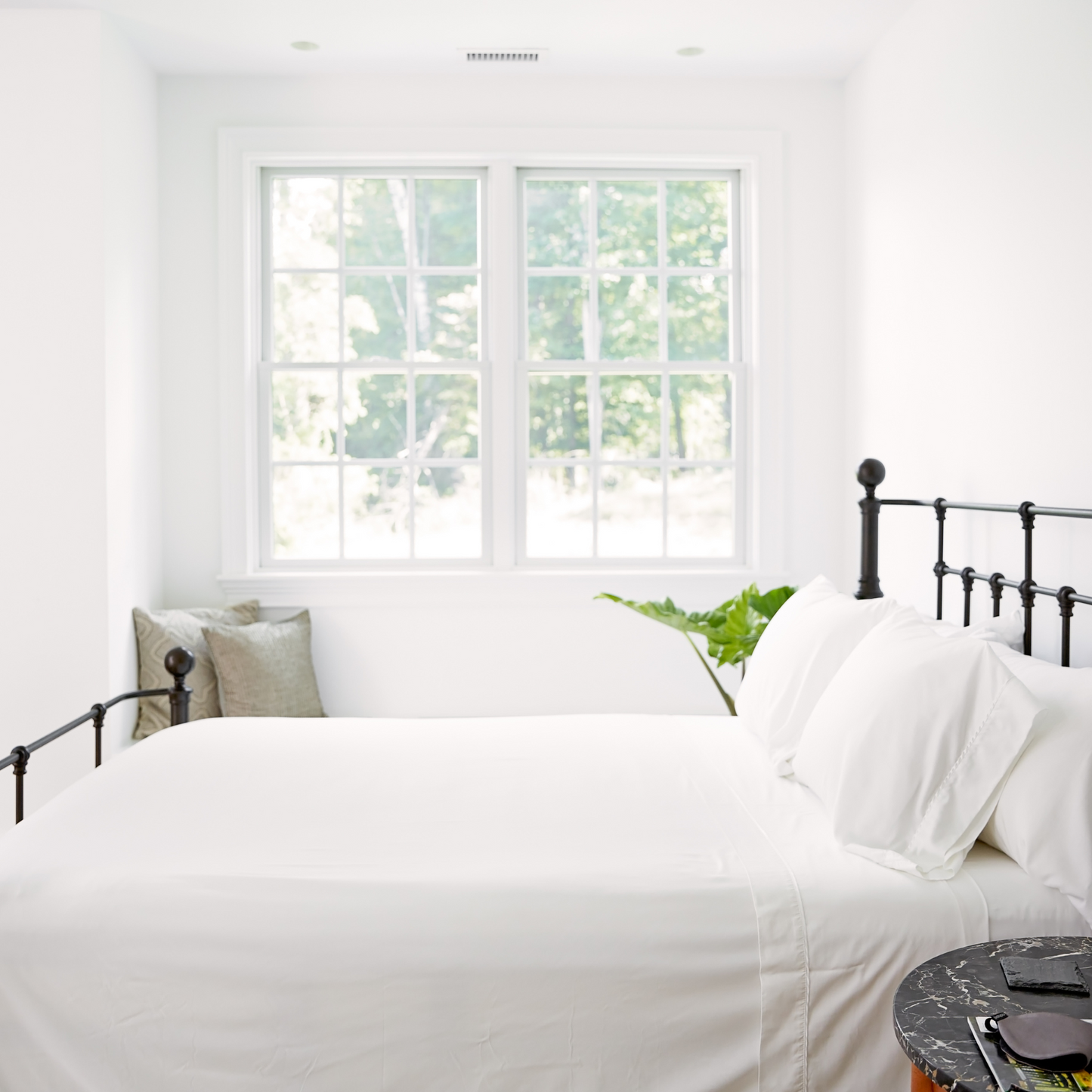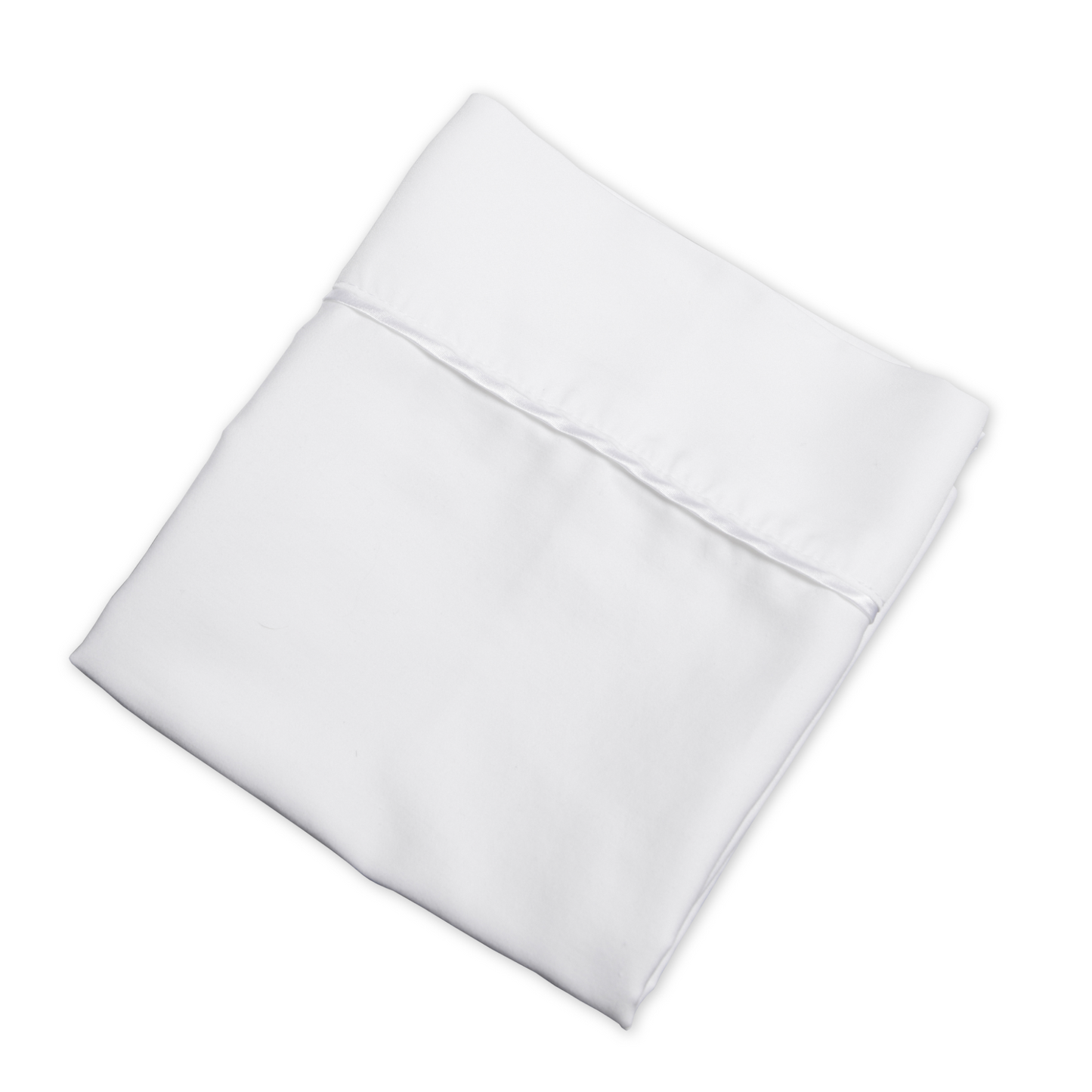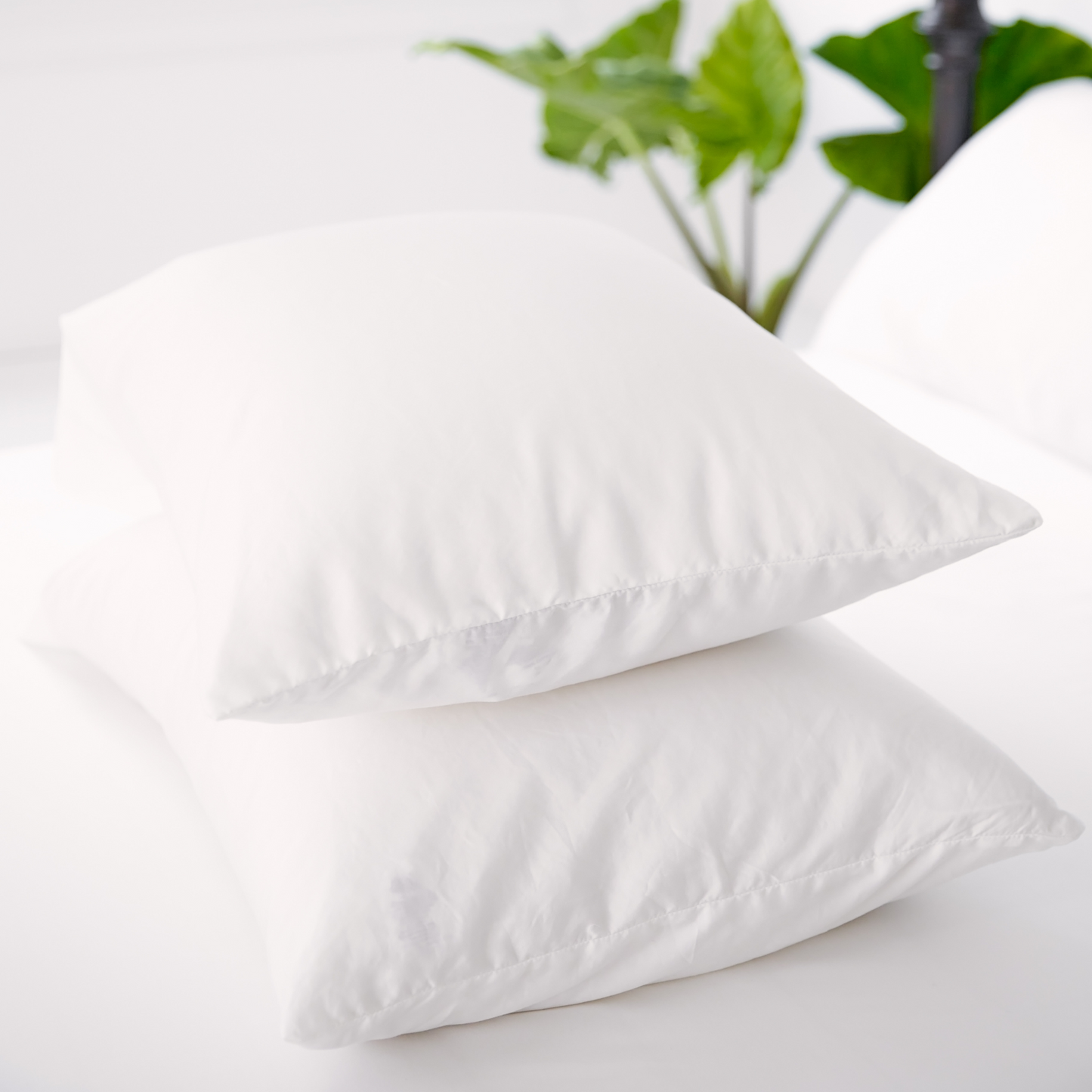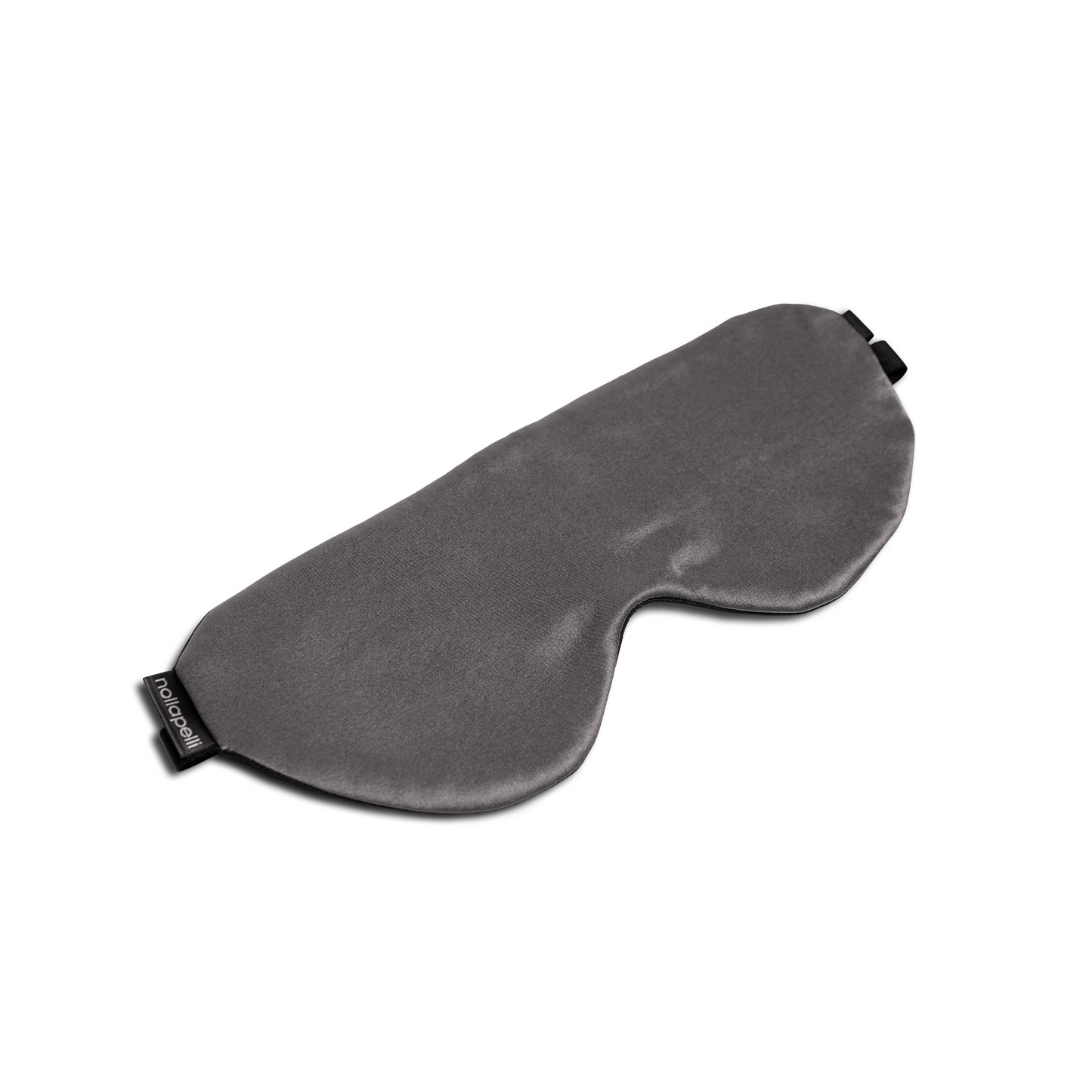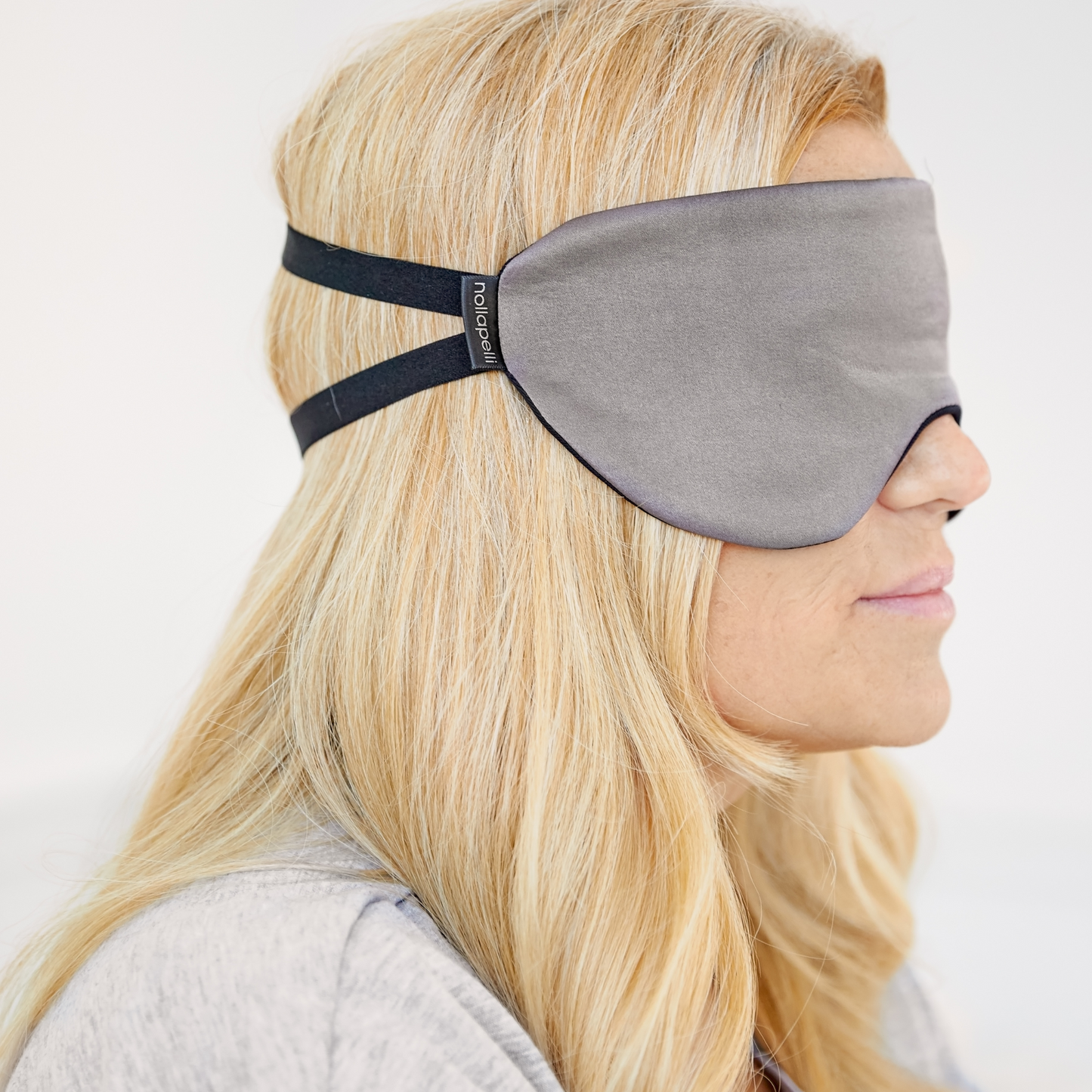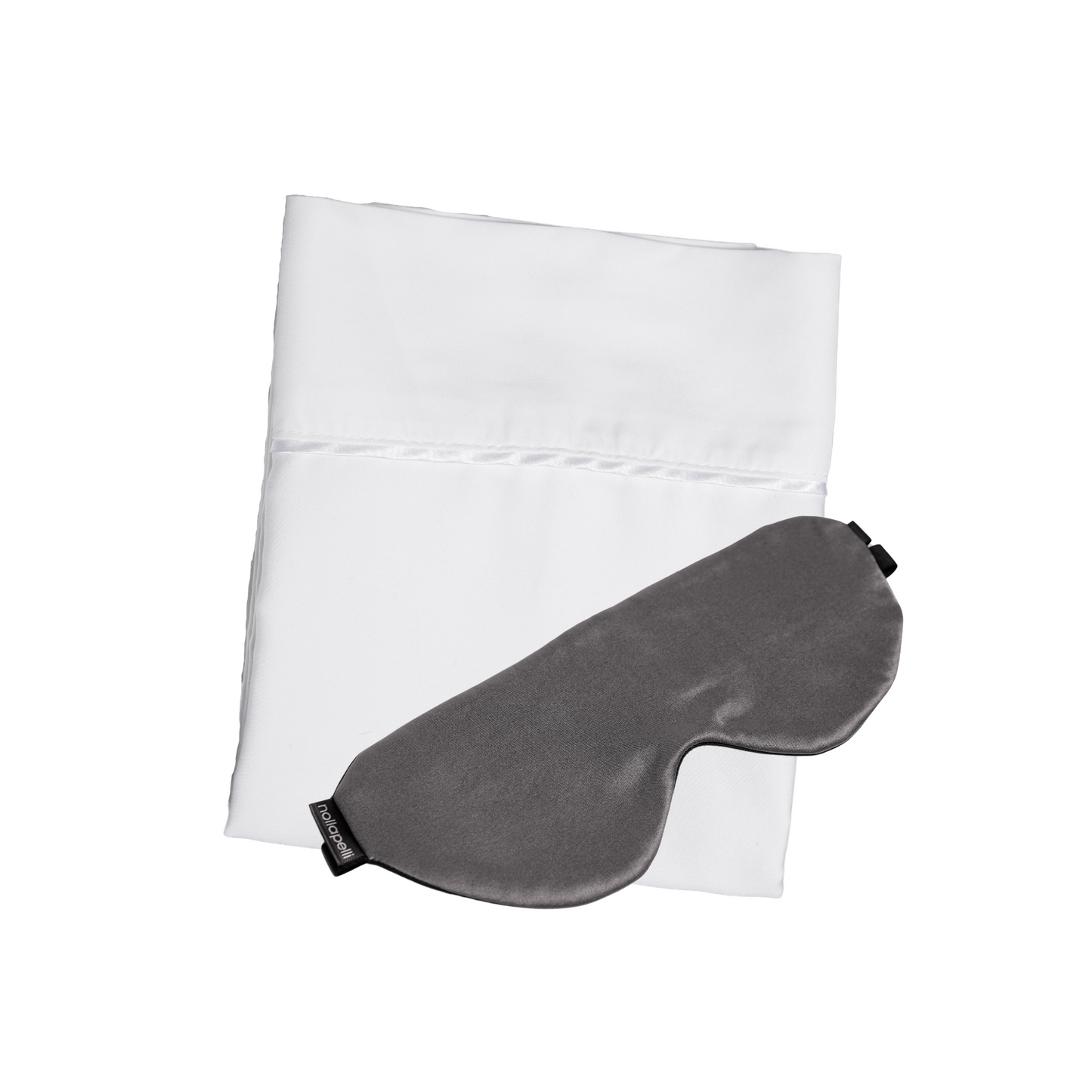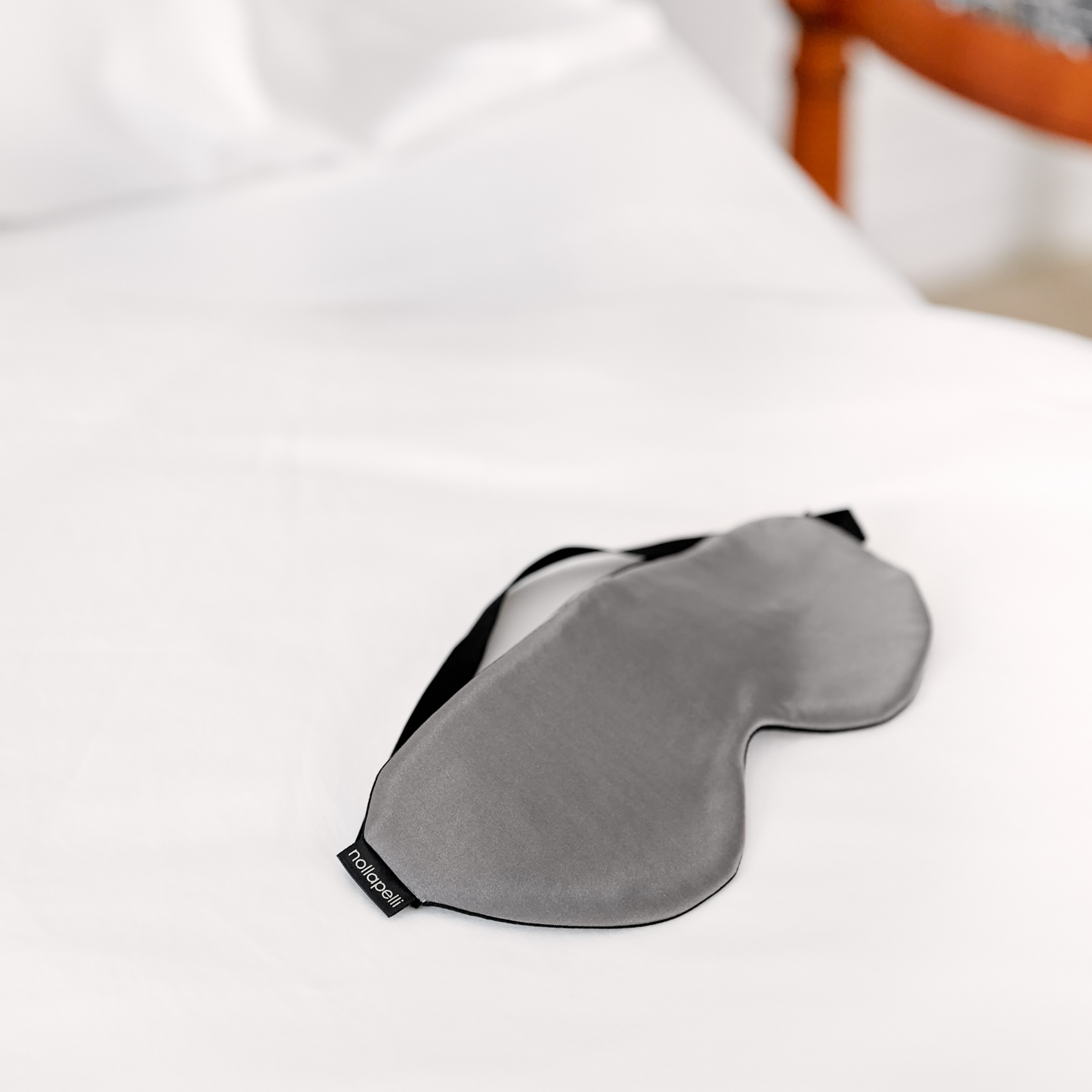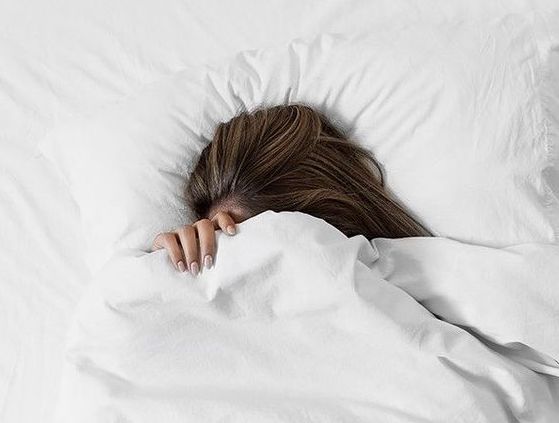
Burn-out is no longer an overused term dominating current zeitgeist. Burn-out in the workplace is now recognized as an official medical condition by the World Health Organization [WHO], and it’s inevitably spilling into our beds and impacting sleep quality.
Burn-out is classified under “problems related to employment and unemployment” within the International Classification of Diseases [ICD-11], a handbook published by WHO to guide doctors and health insurance providers in identifying diseases. Burn-out is “a syndrome conceptualized as resulting from chronic workplace stress that has not been successfully managed.” Characteristics of this condition include “feelings of energy depletion or exhaustion; increased mental distance from one’s job, or feelings of negativism or cynicism related to one's job and reduced professional efficacy.” The ICD-11 is clear that burn-out specifically relates to the workplace experience and no other areas of daily life causing exhaustion or stress.
Reviewing burn-out’s symptoms, our mind shifted to sleepcare. Sleepcare is the intentional practice that improves and maximizes one’s overall well-being during and surrounding sleep. While there is no specific research linking burn-out with a depletion in the quality of sleep, there is a substantial amount of research linking stress and the symptoms of burn-out (a negative mindset surrounding work, energy depletion) with sleep disorders and inferior sleep.
According to the National Sleep Foundation, when we feel stressed, our physiological and psychological arousal increases prohibiting the body and mind to enter a tranquil, restorative sleep. When the body and mind are deprived of sleep, there are mental and physical side effects such as mood changes, inability to concentrate, and muscle exhaustion. These side effects, and others due to lack of sleep, can further contribute to burn-out. And in itself, this repetitive stress and sleep cycle is exhausting.
Sleepcare may not solely alleviate burn-out and its effect on sleep, but it is a starting point for improvement.
- Create a ritual around the act of sleep. Sleep as a ritual practice is a step beyond routine as it requires intention. Intention requires a present mind, thus freeing your thoughts from work stressors.
- Take a bath. Your internal temperature has a steeper drop as you fall asleep following a bath thus improving the quality of sleep and easing physical manifestations of work stress.
- Commit to breathing exercises before sleep to bring your active, work mindset to a present, calm state. Try box breathing, also known as four-square breathing. Inhale through the nose for a four-count, hold for a four-count, exhale through the mouth for a four-count, hold for a four-count.
- Do not bring work by way of electronic devices into the bedroom. Exposure to artificial blue light from electronics suppresses the creation of melatonin, the natural hormone which prepares the mind and body for rest.
- Invest in your bedding. Purchasing bedding like our soft sheets and pillowcases that are designed to give you a better night's rest, can give you more restful sleep and help you avoid exhaustion at work the next day.
If you continue to experience symptoms of burn-out, a now classified health condition, seek medical guidance. You do have the power to invest in sleepcare to combat burn-out now. Improving your ability to manage burn-out symptoms, such as workplace stress and exhaustion, can begin with sleepcare and nights spent on luxury sheets like ours.


